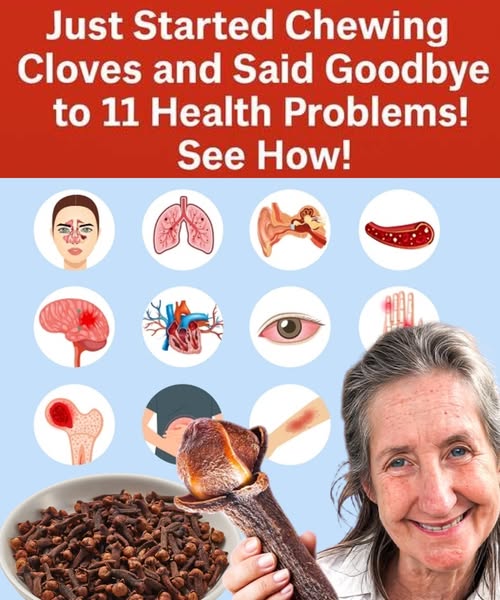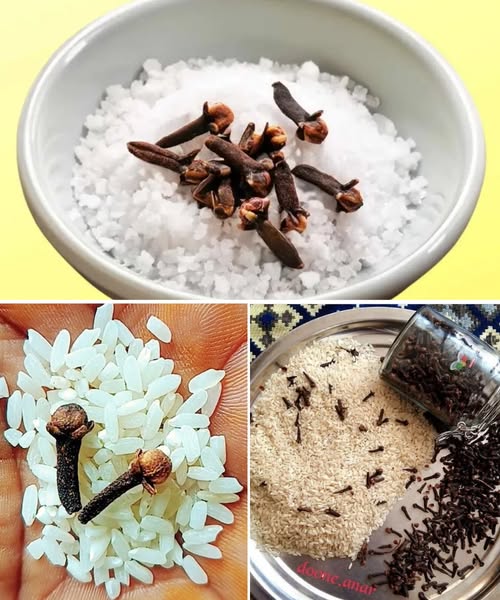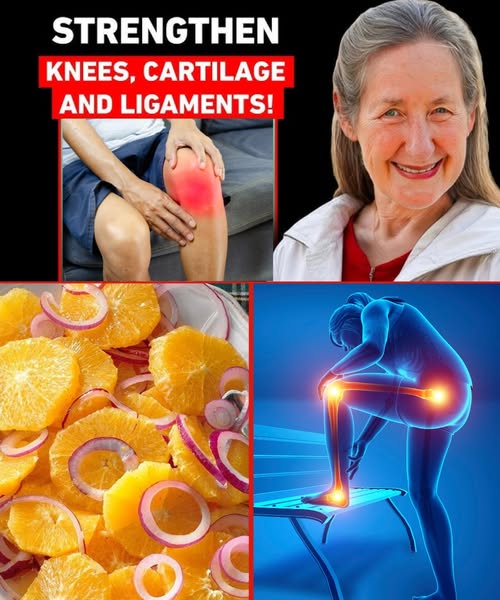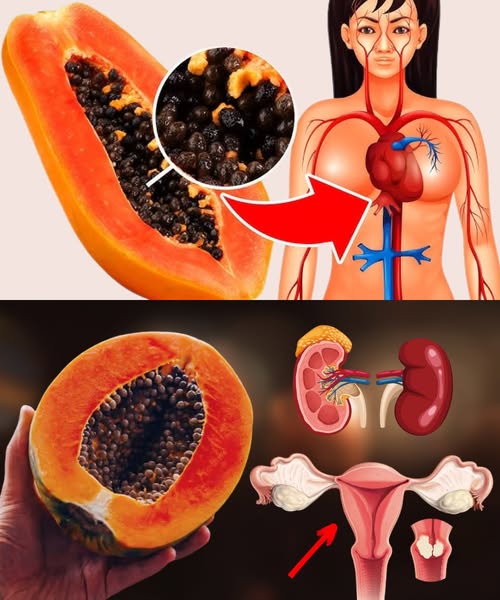Introduction
What if the solution to multiple everyday health problems was sitting in your spice cabinet right now? For centuries, cloves have been cherished not only for their warm, aromatic flavor but also for their remarkable healing properties. In fact, people who started chewing cloves daily report life-changing benefits ranging from improved digestion to stronger immunity.
This isn’t just another old wives’ tale—science backs it up. Cloves are packed with antioxidants, essential oils, and compounds like eugenol, which offer powerful antibacterial, anti-inflammatory, and analgesic effects. If you’ve been overlooking this tiny spice, you’re missing out on a natural remedy that could transform your health in more ways than you think.
In this article, we’ll reveal 11 health problems chewing cloves can help solve, answer frequently asked questions, and explain how to use cloves safely and effectively. By the end, you’ll see why this humble spice deserves a permanent spot in your daily wellness routine.
11 Health Problems Chewing Cloves Can Help Solve
1. Toothache and Oral Health Issues
Cloves have long been used in dentistry due to their natural analgesic and antiseptic properties. Chewing cloves releases eugenol, which numbs pain and kills harmful bacteria.
- Benefit: Relief from toothaches, gum infections, and bad breath.
- Stat: Studies show eugenol is as effective as some over-the-counter anesthetics for dental pain.
2. Poor Digestion and Bloating
Chewing cloves before or after meals stimulates digestive enzymes, reducing gas, bloating, and indigestion.
- Benefit: Better digestion, reduced stomach discomfort.
- Tip: For best results, chew 1–2 cloves after meals.
3. Respiratory Problems
Cloves have expectorant properties that help loosen mucus, making it easier to clear coughs and congestion.
- Benefit: Relief from asthma, colds, coughs, and bronchitis.
- Stat: Clove oil has been shown to reduce airway inflammation in respiratory conditions.
4. Weak Immunity
Cloves are packed with antioxidants—ranking among the top spices in terms of antioxidant levels.
- Benefit: Stronger immune system, reduced infections.
- Stat: Cloves have an ORAC score (antioxidant capacity) of over 290,000, making them one of the most potent natural immune boosters.
5. Joint Pain and Inflammation
The anti-inflammatory compounds in cloves reduce swelling and stiffness.
- Benefit: Natural relief from arthritis and joint pain.
- Tip: Chew cloves daily or use clove-infused oil for massage.
6. Liver Detoxification
Cloves contain antioxidants that protect the liver from oxidative stress and enhance detoxification.
- Benefit: Supports liver health and overall detox.
- Stat: Research shows clove compounds help maintain optimal liver enzyme levels.
7. High Blood Sugar Levels
Chewing cloves may help regulate blood sugar by improving insulin function.
- Benefit: Better blood sugar control for diabetics.
- Stat: Studies indicate clove extracts increase glucose uptake in cells, lowering blood sugar levels.
8. Low Energy and Fatigue
Cloves are rich in manganese, which supports energy production and brain function.
- Benefit: Boosts stamina, reduces fatigue, sharpens mental clarity.
- Tip: Chew cloves in the morning for an energy kickstart.
9. Sexual Weakness
Traditionally, cloves are considered a natural aphrodisiac. They increase blood flow and improve hormone levels.
- Benefit: Enhanced libido and better performance.
- Stat: Ayurvedic medicine recommends cloves to improve reproductive health.
10. Weight Gain and Slow Metabolism
Cloves boost metabolism and aid in fat burning by improving digestion and regulating blood sugar.
- Benefit: Supports healthy weight management.
- Tip: Combine with warm water or green tea for added results.
11. Stress and Poor Sleep
Chewing cloves releases calming compounds that help relax the body and mind.
- Benefit: Reduced stress, improved sleep quality.
- Tip: Chew cloves before bedtime or brew into a calming tea.
Frequently Asked Questions (FAQs)
1. How many cloves should I chew per day?
Most experts recommend 1–3 cloves daily. Overconsumption may cause irritation or side effects.
2. Can children chew cloves safely?
Yes, but in moderation. For young children, clove-infused water may be a safer option than chewing.
3. Are there any side effects of chewing cloves?
Excessive consumption can cause mouth irritation, digestive upset, or affect blood clotting. Pregnant women and people on blood-thinning medications should consult a doctor.
4. Is chewing cloves better than drinking clove tea?
Both methods are effective. Chewing cloves releases oils directly in the mouth, while tea provides a gentler effect for digestion and relaxation.
5. Can cloves help with weight loss?
Yes, cloves boost metabolism, control sugar cravings, and improve digestion—all of which contribute to weight management.
How to Use Cloves for Maximum Benefits
- Chew Raw Cloves: 1–2 cloves daily for oral and digestive health.
- Make Clove Tea: Boil 3–4 cloves in water, add honey, and sip.
- Use Clove Oil: For toothaches, dilute with carrier oil and apply.
- Add to Food: Spice up curries, rice, and teas with cloves for both flavor and wellness.
Why Cloves Are More Powerful Than You Think
Cloves aren’t just a flavor enhancer—they are one of nature’s most potent medicinal spices. Their high antioxidant levels, combined with antibacterial, antifungal, and analgesic properties, make them a holistic remedy. Unlike synthetic medications, cloves offer multiple benefits without harmful side effects when used responsibly.
By simply chewing this small spice, you’re addressing 11 major health concerns naturally and effectively.
Conclusion
The simple act of chewing cloves daily can be a game-changer for your health. From relieving toothaches to boosting immunity, regulating blood sugar, and even enhancing sleep, cloves pack a powerful punch.
If you’re looking for a natural, cost-effective, and time-tested solution, cloves deserve your attention. Remember, consistency matters—make it a daily habit, but in moderation.
Next time you reach into your spice rack, don’t overlook the humble clove—it may be the tiny key to solving 11 of your biggest health challenges.



